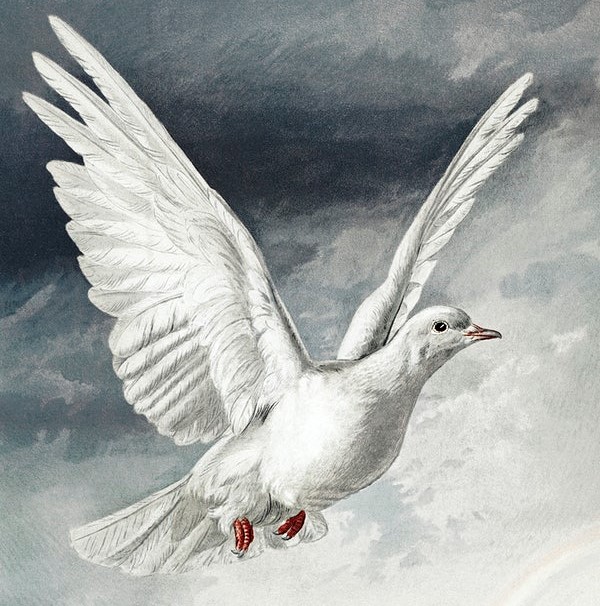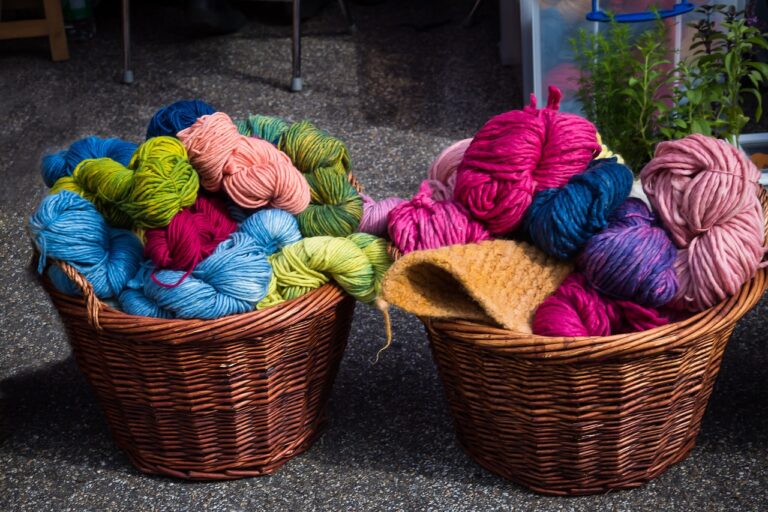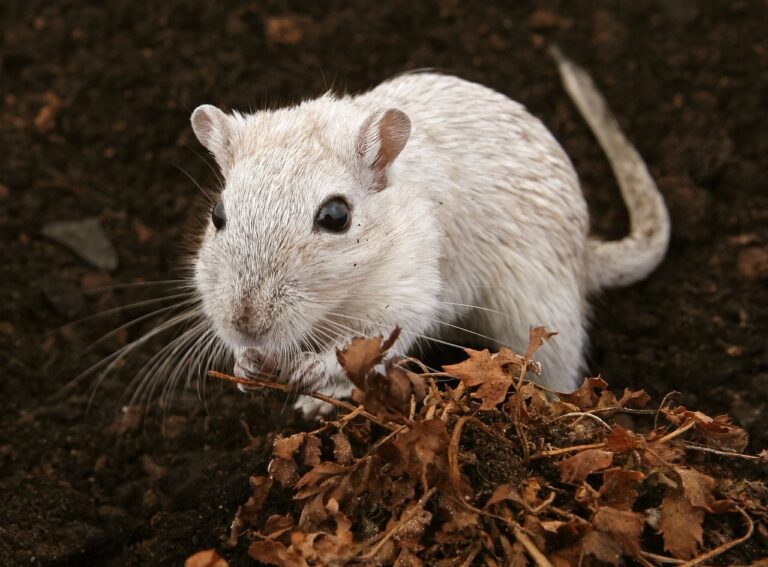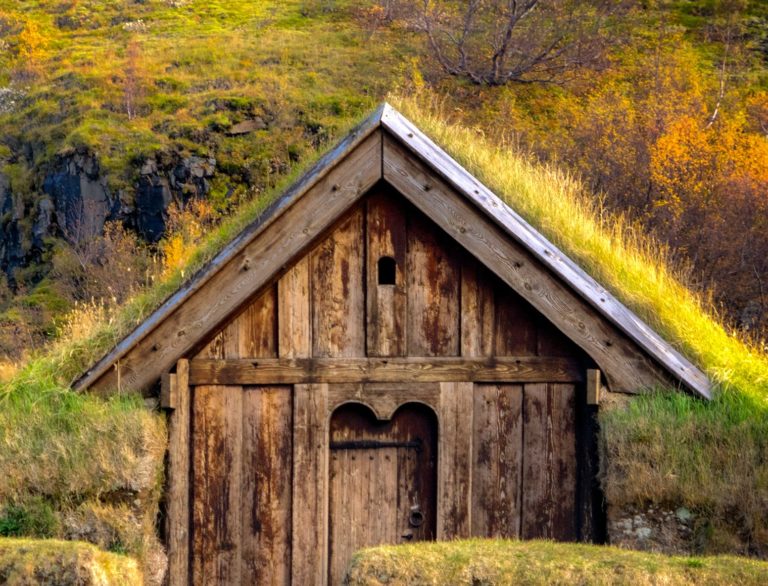The Silver Bird
Greta and Zeta had never seen such a beautiful bird, with delicate silver feathers that shone like starlight – even in the dark shadows beneath the trees.
The Silver Bird – Read and Print
By Rachel Dunstan Muller, copyright 2021
(Scroll to bottom for printable PDF)
There were once two sisters, Zita and Greta, who lived all by themselves in a little cottage at the edge of a forest. In the spring they caught fish, in the summer they picked berries and grew vegetables, and in the autumn they gathered nuts from the forest and brought home firewood. They saved what they could for the long winter months, but there were days late in the winter when the two sisters had only a little porridge to fill their stomachs.
One winter afternoon, the two hungry sisters set off into the woods. They were hoping to gather dead branches to sell as firewood in the village nearby, so they could buy milk and bread, maybe even a little cheese.
But it had been a very long winter, and most of the dead branches had already been dragged away. The two sisters walked deeper and deeper into the woods, but their arms were nearly empty.
They were as far from their cottage as they’d ever been, when Zita stopped suddenly. “Do you hear that?” she said.
Greta stopped and listened too, then pointed at a thorn bush ahead of them. There was a little silver bird caught in the thorns, chirping as it struggled to break free.
“Ohh,” said Greta. “I’ve never seen such a beautiful bird!”
And it was beautiful, with delicate silver feathers that shone like starlight – even in the dark shadows beneath the trees.
Zita clapped her hands. “Oh, Greta! We can catch it and take it back to sell in the village. Such a beautiful bird will be worth many coins. We won’t be hungry again for a long time.”
But Greta did not look happy with this plan. “Oh, Zita. It’s such a little thing. Look how it’s struggling; how desperate it is to be free.”
Zita argued at first. Selling the bird would mean food – enough for the rest of the winter. But as she watched the silver bird, she felt a pang in her heart. The little bird was meant to fly – not to be trapped in a cage. And so, working together, the two sisters carefully untangled the thorns, and freed the little bird’s wings, and let it go.
The silver bird gave a grateful chirp and flew up into the air. But then it flew down again and perched on a branch. It flew a little further, then stopped, then a little further, then stopped – as if it were waiting for Zita and Greta to follow.
And so they did, on and on into the woods, where they’d never been before; until at last they reached a clearing – and a fruit tree covered in silver plums – plums so round and ripe, they were nearly bursting.
The two sisters were amazed. It was wintertime; they didn’t expect to see ripe plums in the snow.
But there they were, and the sisters ate until their stomachs were full. And when they were finished eating, they gathered all the plums they could carry, and brought them back to the village. And they sold those plums for enough coins to buy milk and bread and cheese for the rest of the winter.
No one had ever tasted anything like those silver plums. But though Zita and Greta searched the forest from dawn until dusk, they could never find the silver bird or the silver plum tree again.
But one very cold winter, many years later, Zita and Greta looked in their cupboard and saw that it was nearly empty. “Oh,” said Zita, “if only we could find the little silver bird. If it could only see how hungry we are, I know it would take pity on us, and lead us to the plum tree.”
So the two sisters wrapped their cloaks tight against the cold, and went out into the forest. Deeper and deeper they went, looking, listening, calling out. But the forest was silent; there was no sign of the silver bird – or of any other bird that day.
The two sisters finally sat down on a log to rest. “It’s no use,” Greta said. “The little bird is gone.” But just as she was wiping a tear away, she saw a flash of silver out of the corner of her eye. There was the little bird, with its feathers like starlight. Again, they followed it, and again it led them to a clearing – and a tree. But this time the tree was covered in silver apples. The apples were as sweet as honey, and so big, that eating just one took away their hunger. The grateful sisters gathered as many as they could carry, and sold them in the village. And when they were done, they had so many coins, they knew that they would never be hungry again.
Zita and Greta never forgot the silver bird. Every winter they would walk into the forest, hoping to see their tiny friend – just so they could say thank you. They saw many other birds in the woods – robins and sparrows and woodpeckers and owls – but they never saw the little silver bird.
One afternoon many years later, the two sisters set off on their winter’s walk. They were both old and grey and bent over now, and their bones creaked as they pushed through the snow. They went as far from the cottage as they dared and were about to turn around, when they saw a flash of silver in the trees.
“We’re too old to follow you now,” said Greta, as the little bird flew ahead. But the silver bird would not take no for an answer, so the two sisters followed after all.
On and on the bird went, until the sisters lost all sense of time. But instead of getting more tired, with each step their aches and pains seemed to fall away, until they felt almost like young girls again.
At last they reached the clearing. But instead of one tree – there was an entire orchard, fruit trees of all kinds: plums and pears and apples and cherries. Even oranges and lemons and limes. And at the center of those trees was a little white cottage, with a wide front porch and roses by the door.
Zita and Greta lived in that summer cottage for the rest of their days – as happy as two sisters could be. Perhaps they’re living there still. Only the little silver bird knows for sure.
Print PDF
This story may be reproduced and used for personal or educational purposes only. Permission must be obtained from the author for public performance, reproduction or commercial use.






